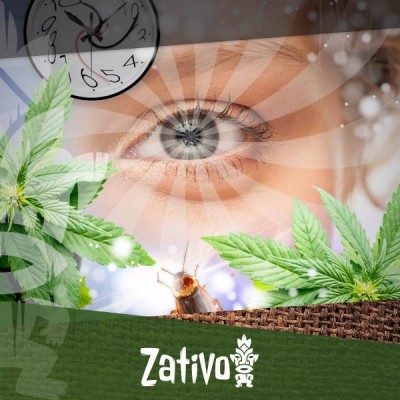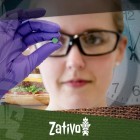Don't have an account?
Register NowYou have to add to cart at least 5 bottles or any program to make checkout.
- BlogDifferent Types Of Hallucination
Different Types Of Hallucination
Published: January 3rd, 2018
Categories:
Other subjects
When taking psychedelic drugs, hallucinations are something that comes with the territory. They are expected, but not everyone realises that hallucinations occur in varieties as expansive as the human mind: some are visual, while others are olfactory - what you smell, or auditory - what you hear.
The intensity of hallucinations throughout the duration of a psychedelic experience can similarly range from mild to strong. While some hallucinations can be quite pleasant, like the smell of a loved one from childhood, others can be quite disturbing like insects crawling all over the body. The discrepancies between positive and negative experiences cannot always be controlled, but they can be better understood and handled in the moment.
HOW DO PSYCHEDELICS CAUSE HALLUCINATIONS?
The brain has many functions and not all of them are clear to scientists. How psychedelics interact and influence brain chemistry is one such situation. What is understood is that the brain is composed of neurones that process information. When psychedelics are ingested, they turn off the regions of the brain that use constrained consciousness. This leads to overactive brain activity stimulated by neurotransmitters like serotonin.
These particular functions control a person’s impulsiveness - so sounds, sight and smell can all become hypersensitive. The brain can also become more imaginative in the presence of these stimuli, which causes hallucinations.
COMMON HALLUCINATIONS
What are some of the most common hallucinations involved with psychedelics? There are a number of outcomes that occur under the influence of these particular drugs. Here are a few of the most common sensations users experience.
• Panoramic Hallucination: makes the user believe their field of vision is filled with objects that are not actually there. This gives the illusion of an altered reality. When psychedelics are involved, this sensation can be mild or overwhelming. The user may even feel as though he or she is in a state of delirium. These hallucinations can be induced by sleep deprivation, as well as with psychoactive drugs.
• Phantosmia: is an olfactory hallucination which affects one’s sense of smell. Usually, negative smells like rotting flesh, vomit or urine are associated with phantosmia, but pleasant smells similar to perfume may occur as well. Unfortunately, these enjoyable aromas happen less frequently. When phantosmia occurs in everyday life without psychotropics, it is usually a sign of a more significant neurological problem. Yet, when happening under the influence of hallucinogenic drugs, it is more than likely just the brain’s neurones firing in a different manner, resulting in a hallucination.
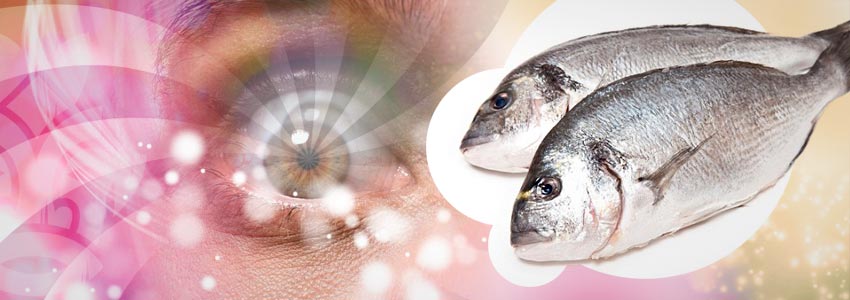
• Formication: is the sensation that insects are crawling over or under one’s skin. Many drug addicts will experience this sensation when going through withdrawal. Also, a number of diseases that interact with the brain’s neural pathways can cause this sensation, such as diabetic neuropathy, some cancers and Lyme disease. The basic experience of formication is a type of paresthesia, similar to the tingling, burning sensation felt when a body part loses circulation or “falls asleep.”
• Pinocchio Illusion: also referred to as the phantom nose illusion, the Pinocchio illusion is the perception of altered body parts. It can cause a person to feel as though specific limbs or regions of the body are no longer a part of the whole self. For example, a person may feel they can stretch their nose away from their face even if it remains stationary.
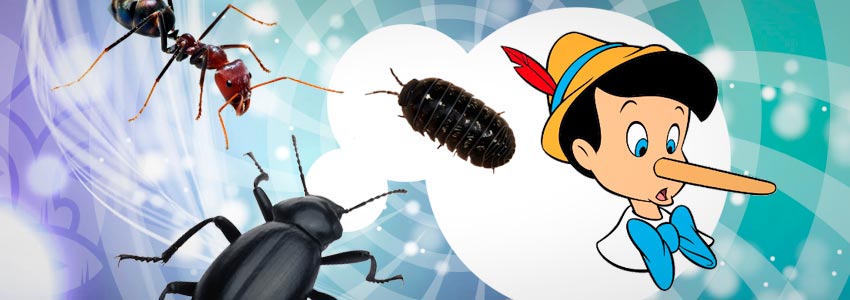
• Alice in Wonderland Syndrome: has a few variations, including micropsia, macropsia, pelopsia and teleopsia. Micropsia is the perception of objects being smaller than they are, whereas macropsia is the opposite. Similarly, pelopsia is the sensation that objects appear closer than they are, while teleopsia details objects which seem further away. Like with other hallucinations, Alice in Wonderland syndrome can also occur as a result of neurological disorders and lack of sleep.
• Temporal Illusions: are hallucinations of altered time. Psychoactive drugs can bring on effects that make it seem as though time has warped or even halted altogether. Perception of time is an individualistic experience anyway, but psychedelics augment this experience. This is because they interact with parts of the brain like the cerebral cortex and cerebellum that help regulate a person’s circadian rhythm. This can alter the way one registers time at any given moment.
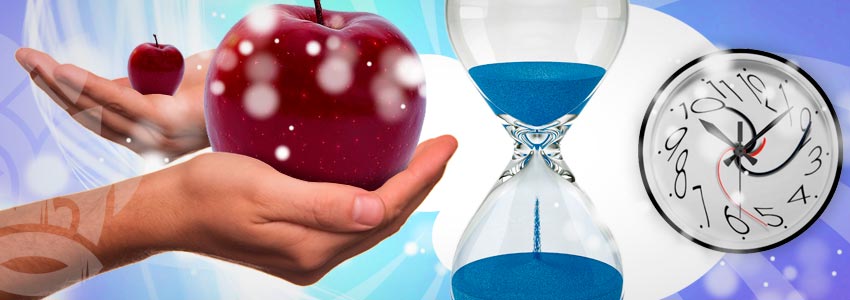
Exploring the bounds of the mind can bend the space between perception and reality. It is important that a psychonaut is prepared for each experience in psychedelia to learn new things and enjoy the experience further.

